Steve Siler is a Dove Award winning songwriter and a producer. He has had over 400 songs recorded by well-known Christian artists, including Point of Grace, Avalon, Anointed, Clay Crosse, The Martins, BeBe Winans, Sandi Patty, and Scott Krippayne.
Steve is also the Director of Music for the Soul, a Christian ministry dedicated to life-changing healing and recovery through music.
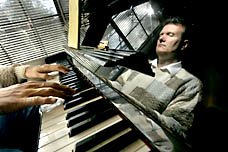 Did you begin writing songs at an early age? What sparked your desire to make music your life’s work?
Did you begin writing songs at an early age? What sparked your desire to make music your life’s work?
Yes, I was eight when I began writing songs. My reason for picking up a guitar to write songs at first was to try and be like The Beatles, which makes me about as unique as sand on the beach. I poured hours and hours into it from a very early age and just never stopped doing it.
We had a battle of the bands in school when I was fifteen, and I was in three of the four bands and all of them played original songs. Even so, it was still more of a passionate hobby at that age than anything else. I just did it because I loved it, which is, of course, the best reason of all. Do that for long enough and you just wake one day and it is your life’s work.
It’s tough to get a break as a young songwriter. How did you go about achieving your goals?
Well, given that you are born with some natural ability, there is no doubt that perseverance is an important key to achieving a goal like becoming a songwriter. You’ve got to hone your craft—which means hours of listening, hours of studying lyrics and studying songs and what makes them great, and hours and hours and hours of writing.
They say it takes 10,000 hours of application for the brain to become world class at anything. I look back on my career, and at right about the age where I think I hit the 10,000 hour mark of time spent on songwriting there is a decided jump in the consistency and quality, especially in my lyrics.
Everybody thinks that, because they can speak English, the lyric side ought to be the easiest part of writing. Ironically, the reverse is true. Musical talent is a gift. Those who have it can often achieve a high level of competency by a very young age. I listen back to melodies that I wrote when I was ten and I was already writing credible musical hooks.
My lyrics, on the other hand, were pretty dreadful until I reached about thirty. I think a lot of that has to do with living a little bit of life. Writing great lyrics has a lot to do with being able to talk creatively and with some depth about universal themes. Having had some life experience naturally helps with that.
So, having some natural ability and putting in the time are both important. After that the most important pathway to getting a break is building relationships. It’s all about networking, making friends, and getting more and more people to know about what you’re doing. I always tell people to treat everyone like they may be the person who’s going to give them their big break. First of all, that’ll make you a better person because you’ll treat everybody as if they’re important which, of course, in God’s eyes—they ARE! Second of all, it might just be true.
When I trace back the connections to the people I know and work with now I’m often very surprised at where that road leads. For example, the man who helped me get my first paying job in the music business was a buddy from high school.
Furthermore, the person responsible for putting me in touch with the person whose connections led to opening all the doors for me in Nashville is a lady who attended my church back in California. She was an acquaintance at best and I have no idea where she is today. She certainly wasn’t a music industry person. And when preparation meets opportunity, then “breaks” happen.
And one more thing. A career is generally made up of hundreds of small breaks rather than one magical moment. Often I haven’t even realized I’ve had a break until long after it happens.
Has God ever provided an unexpected “detour” in your life that turned out to be positive?
The detour in my life was a long one. I was pursuing pop music. That was the detour—a twelve year detour—although I didn’t know it at the time. It was hearing my first hit song on the radio and realizing that there was nothing of me in it that led me to finally asking God what He wanted me to do with my life. After that, opportunities I would never even have known to look for started to present themselves. The important thing to realize is that, even in the detour, God was busy preparing me for the work I would eventually be doing.
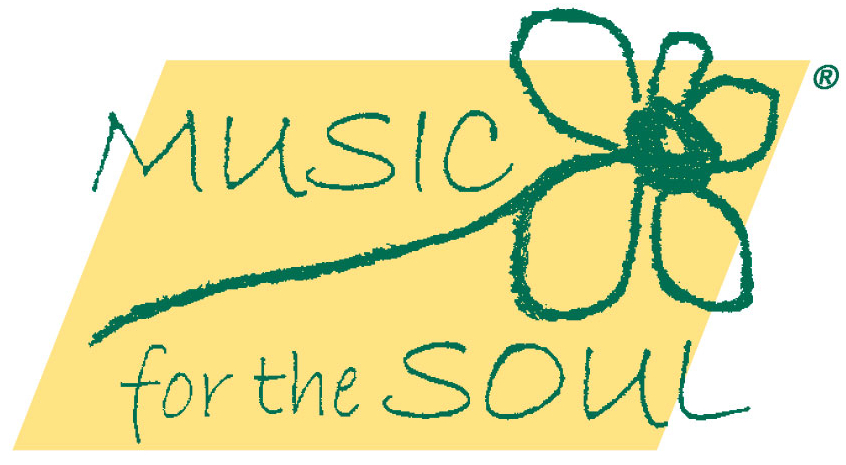 Let’s talk about Music for the Soul. Please tell us about the organization.
Let’s talk about Music for the Soul. Please tell us about the organization.
Music for the Soul is a 501 (c) (3) charitable organization that I founded in December of 2001 to help people in the church “talk” about the most difficult issues we face.
Our goal is always the same—to let people know that they are not alone; that others understand, and that God understands. We want people to know that there is no depth so low—no guilt, no despair, no addiction, no pain—that Christ will not move heaven and earth to share it with them.
The things we sing about—pornography abuse, eating disorders, cancer, suicide grief, sex trafficking—might not seem like good song material to people used to listening to ‘normal’ Christian radio or pop music, but I have learned that a song is the best vehicle there is for taking on a topic that might otherwise seem awkward.
Song is the greatest gift of communication God has given us. Melody is processed in one side of the brain and language is processed in the other. As a result, a song is the only form of communication that engages the whole brain. That is why we find ourselves saying that a song speaks to mind and heart.
Additionally, melody is a memory device. People are nine times likelier to remember something they hear in a song as opposed to something they are told. They are twice as likely to remember what they hear in a song as opposed to what they read.
But not only does our ministry use songs. We also use spoken word pieces—such as poetry, personal testimonies, and interviews. Two of our projects have video components. Three of them have discussion guides.
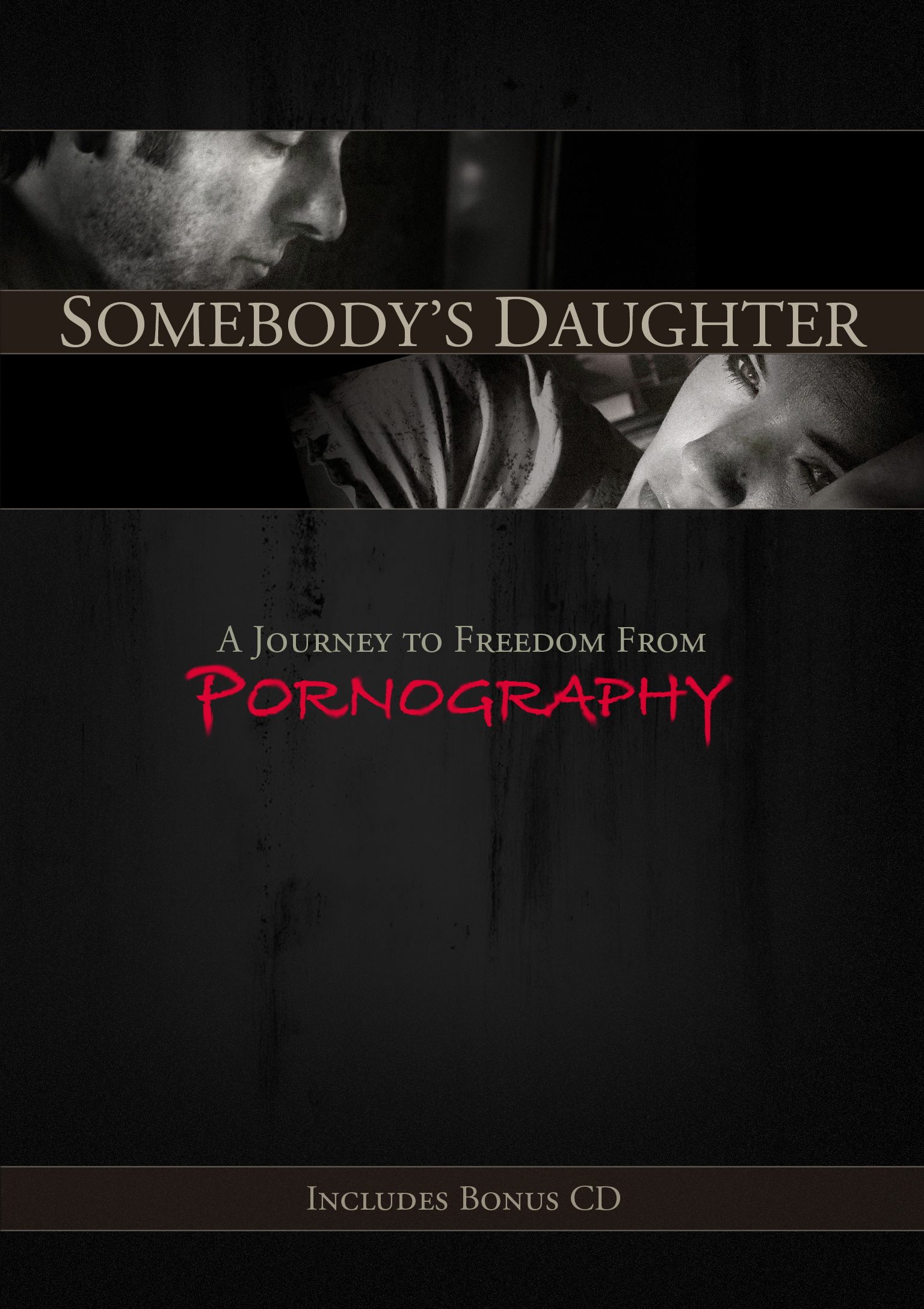 Sometimes people will say at first that our CDs and DVDs are ‘niche’ resources. But think about it. In any church you will find all of the issues with which our projects deal—as well as in most extended families.
Sometimes people will say at first that our CDs and DVDs are ‘niche’ resources. But think about it. In any church you will find all of the issues with which our projects deal—as well as in most extended families.
Our hope is that, regardless of which issue may be impacting one’s family or one’s congregation at the moment, they might find something through our ministry that will bring hope, encouragement, and possibly even healing to the situation.
Thankfully, by the grace of God, that has been true for many.
Is there a specific story you can relate as an example of the power of music to inspire and help heal those who are hurting?
Yes. Back in 1990, before Music for the Soul was even an idea, I wrote some songs for a stage play about sexual abuse entitled I Can’t Talk About It. We were invited to sing one of the songs from the play, Innocent Child, at the closing ceremonies of a conference in New Jersey called VOICES (Victims of Incest Can Emerge Survivors).
We accepted. Then Stephen, my partner and the singer from the play, developed a conflict and could not attend.
But we had already said yes. So it was up to me.
When I arrived at the conference I immediately felt somewhat out of place. There were 300 people there but only about ten of them were men. I was cautioned by one of the organizers not to hug any women during the weekend.
When the time for the closing ceremonies came, I found my way to a ballroom where there were chairs set up in a big circle around the wall. There was a grand piano in the middle of the room. The women filed in and every seat was filled.
After some announcements and a dance routine it was my turn.
I sat down and began to play.
Precious one
I know you’ve been sad for so long
Don’t blame yourself
You didn’t do anything wrong
After just those few lines I could hear the tears begin to cascade toward me from around the room. The pain became so unbearable that I literally had to slow the song down, gasping for breath to keep from passing out. I truly didn’t think I was going to make it through the song.
When I was done I buried my head in my hands and was overcome by deep convulsive sobs. That was when the miracle happened.
These women—the same ones who I had been warned not to hug—lined up one after another and started hugging me.
Several minutes later, when the crowd had dispersed and I had managed to regain some of my composure, a young woman of about thirty came up to me. She looked me in the eye and said, “People have been telling me I was an innocent child my whole life, but I never believed it until I heard you sing it today.”
In addition to that moment being a breakthrough for her, God also used that moment to plant the seed for the idea that would eventually become Music for the Soul.
Please tell us a little about your new caregivers’ project.
It’s called “Dignity.” People caring for a loved one in the home is the fastest growing demographic in America. It is also one of the most difficult things anyone could ever be asked to do.
The project has songs from multiple perspectives—from the one receiving care, from the spouse giving care, from the child giving care, from the family honoring a professional caregiver, from the child having to give care from a distance, and many more.
Caregiving is an incredibly time consuming and mentally exhausting task. There is scheduling and driving to and from doctors appointments, managing medicines, and haggling with insurance companies. There is preparing extra meals, doing extra laundry, and helping in the bathroom.
There is the burden of added expenses and the responsibility of managing another person’s finances. There is the emotional drain of seeing someone you love whose health is in steady, prolonged decline. There is often the additional burden of painful, unresolved family baggage, which gets unpacked along with the luggage when mom or dad move in.
Sometimes the caregiver has to give up a career or job they enjoy, has to take valuable time away from children, loses the time to pursue relationships with friends or activities they enjoy.
All with the “reward” that, in the end, their loved one will die.
As you can see this is an area where people need a lot of encouragement and support. Our prayer is that the songs, poetry, and testimonies on Dignity will serve to revive and refresh the weary souls who serve their loved ones in this selfless way.
How can people help Music for the Soul help others?
No matter who you are or where you live, you know lots of people who’ve been wounded in life by the issues our recordings address. We recommend that people get the Soul Care Starter Kit—one of each of our recordings—to give as a gift to their church library or local Christian counseling center.
 And if a loved one or a friend has a marriage that’s in trouble, is struggling to overcome an eating disorder, trying to break free of the grip of pornography, grieving the loss of a loved one to suicide, raising a special needs child, facing breast cancer, or dealing with some other storm in their life, people should consider giving one of our recordings as a gift. It may just provide the breakthrough someone needs. And it will be a gift that will make them feel loved and cared for.
And if a loved one or a friend has a marriage that’s in trouble, is struggling to overcome an eating disorder, trying to break free of the grip of pornography, grieving the loss of a loved one to suicide, raising a special needs child, facing breast cancer, or dealing with some other storm in their life, people should consider giving one of our recordings as a gift. It may just provide the breakthrough someone needs. And it will be a gift that will make them feel loved and cared for.
I ask people who have been blessed by our CDs and DVDs to tell a friend. We don’t spend our resources on marketing—we spend them making more music—so a listener who has been blessed may be the only way someone finds out about us.
Finally, all of our recordings are created through the generous donations of people who want to help us share God’s love and compassion with others. All gifts are tax deductible.
What’s the best advice you can give to young songwriters who are just starting out?
Do it because you love it. Do it because there is something burning in you to get out and a song is the best way for you to say it. Do it to bless and bring joy or comfort others. There will always be an audience for the person who is doing it for that reason. Don’t do it for the money (or the fame) because there may never be any.
If you try to pursue it professionally you will need the heart of a butterfly and the hide of a rhinoceros. For every hit song you hear on the radio, the writer has had hundreds of songs rejected.
As my friend Grant Cunningham used to say, “It’s easier to be struck by lightning than it is to make a living as a songwriter. And getting struck by lightning feels better.”
What is your favorite comfort food and why?
Probably Mexican, from my youthful days in old California.
This website features both literary and music guests. What kinds of books do you like to read?
I love the classic old novels. They keep my vocabulary from atrophying. I’m a big fan of Dickens. In this century I like Wallace Stegner. I have everything ever written by Sinclair Lewis.
Of course I think C.S. Lewis is amazing. Annie Lamott is great.
I’m also a big fan of history. David McCullough’s book on the life of John Adams is a must read. It totally reframed for me the ‘important versus busy’ conversation.
Are you a major or a minor chord?
I’m an E minor 9 chord with the 11th added in.
If you were a song, what kind of song would you be?
You know one of the great things about being a writer is that you never have to answer that question the same way twice. An artist has to sort of pick a style and camp out there. As a writer I can write a polka on Monday, a heavy metal song on Tuesday, a classical piece on Wednesday, a country tune on Thursday, and an obtuse pop song on Friday. They are all me, just different parts!
Please tell us about your pets, if any, and/or your favorite pet as a child.
My favorite pet was my cat Batman. Now I have two dogs, a midsize generic looking mutt named Ruthie (yes, after Ruth in the Bible), and Cooper, a Chihuahua that got left behind when my daughter moved out. A weak moment.
Thank you, Steve! It’s great to have you as a guest at DivineDetour! May God continue to bless your work.
Thank you, Kathy, for the opportunity to visit with you and your readers!
~ ~ ~
For more information about Steve and the Music for the Soul organization, visit http://www.musicforthesoul.org/index.html.
To purchases CD and/or DVDs, logon to https://ssl39.chi.us.securedata.net/somebodysdaughter.org/merchantmanager/index.php?cPath=1.
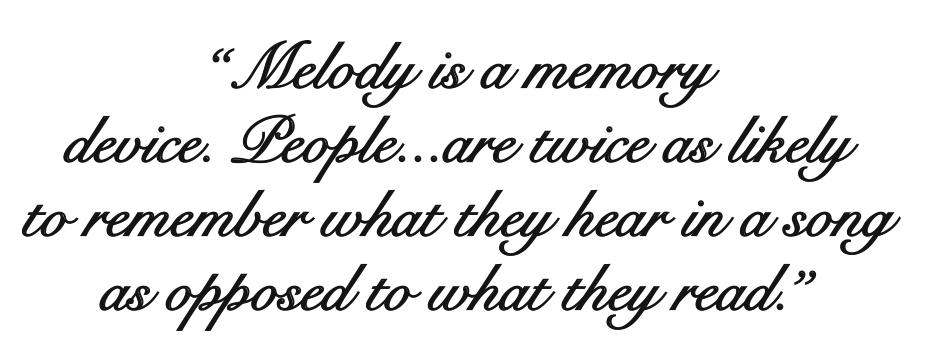

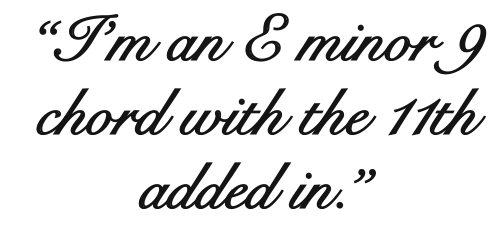
Wow Kathy, what a powerful ministry and interview. You always have such good stuff here!
Thanks for stopping by, Audra!
Where there’s room for God’s will there’s a way…